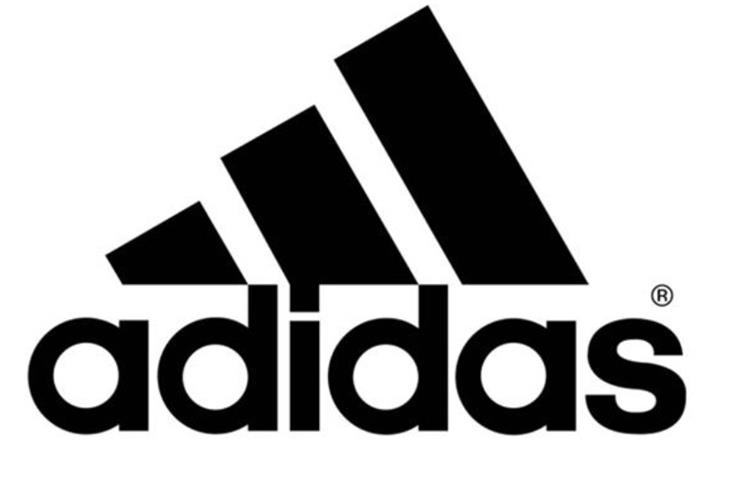
The sportswear brand, which in 2008 an 11-year agreement with the IAAF, is understood to be terminating its association due to the ongoing doping and corruption scandal.
For the time being the IAAF has definitely lost this category of sponsor and if and when it is in a position to regain one, the cost will probably halve
Its worldwide sponsorship rights for all IAAF Athletics Series events were set to run until 2019, and were reported to be worth in the region of £23m to the international sports organisation.
Jacques De Cock, faculty member of London School of Marketing claims that the outlook is far from sunny for the IAAF: "This news is likely to further undermine the IAAF as a worthwhile vehicle for sponsorship," he says. "It currently has very limited sponsors, the major ones, up until now, being Adidas, Canon, Seiko, TDK and Toyota.
"Opportunities to see the brand has been limited. The other brand sponsors (not Adidas) did get their names on numbers but Adidas was virtually invisible on the media produced."
Grave allegations
For Simon Rines, editor at IMR, Adidas’s decision is a mark of how seriously the brand takes the allegations.
"The company clearly feels that a continued association would be damaging and that its money would be better spent elsewhere," he says.
He points out that Adidas would probably have had a morality clause in place, meaning that it could terminate the contract if the IAAF was deemed to be acting in a way that could damage its brand.
"Clearly Adidas has invoked the clause, just as it did with the T-Mobile cycling team a while back when it was tainted with a doping scandal," Rines says.
The IAAF news, first reported by the BBC, will come as a massive blow to IAAF president Lord Coe, who is under increasing pressure over doping in sport.
The BBC understands that the IAAF said in November that it was considering pulling its deal after a report detailed claims of "state-sponsored doping" in Russia.
The ongoing saga has forced Adidas’s hand, Rines says. "From a marketing perspective, I think Adidas has decided that this isn't going to be resolved quickly," he says. "The IAAF has management issues to deal with - but the sport is also tainted by the allegations."
Value for money?
The London School of Marketing’s De Cock considers that Adidas may have had commercial issues concerns over its IAAF deal, regardless of the doping scandal.
"Adidas had a link to IAAF because its founder Adi Dassler had an affinity with the sport," he says. "However, the brand probably found very little impact on sales or brand recognition from its association with IAAF. It is also possible that they are not prioritising professional athletic wear as this is not the big growth segment."
Can athletics get back on course?
Athletics was already tripping and stumbling. With Adidas withdrawing its interest, the sport is unlikely to get back on track any time soon.
"In terms of where this leaves athletics, it is very damaging," Rines comments. "I cannot see another sponsor replacing Adidas. First, Nike doesn't tend to do federation deals and I doubt that any other major player such as Under Armour or Puma would take this on.
"I think for the time being the IAAF has definitely lost this category of sponsor and if and when it is in a position to regain one, the cost will probably halve."
There is potentially a ray of hope on the horizon though, with the Rio 2016 Olympic and Paralympic Games coming up. But as Rines stresses - "athletics now needs a very good Rio 2016".
"We have seen cycling make a staggered comeback since the worst excesses of doping - it has been hit on the way, particularly by historical revelations about Lance Armstrong that emerged only relatively recently and this is a danger faced by athletics. Even if it cleans up its act completely, there could be negative historical stories coming out of the woodwork that continue to tarnish it.
"Sponsors are ultimately interested in a positive image and a good audience. At the moment, athletics is in danger of losing both and it is not going to get them back overnight."



.jpg)
.jpeg)
